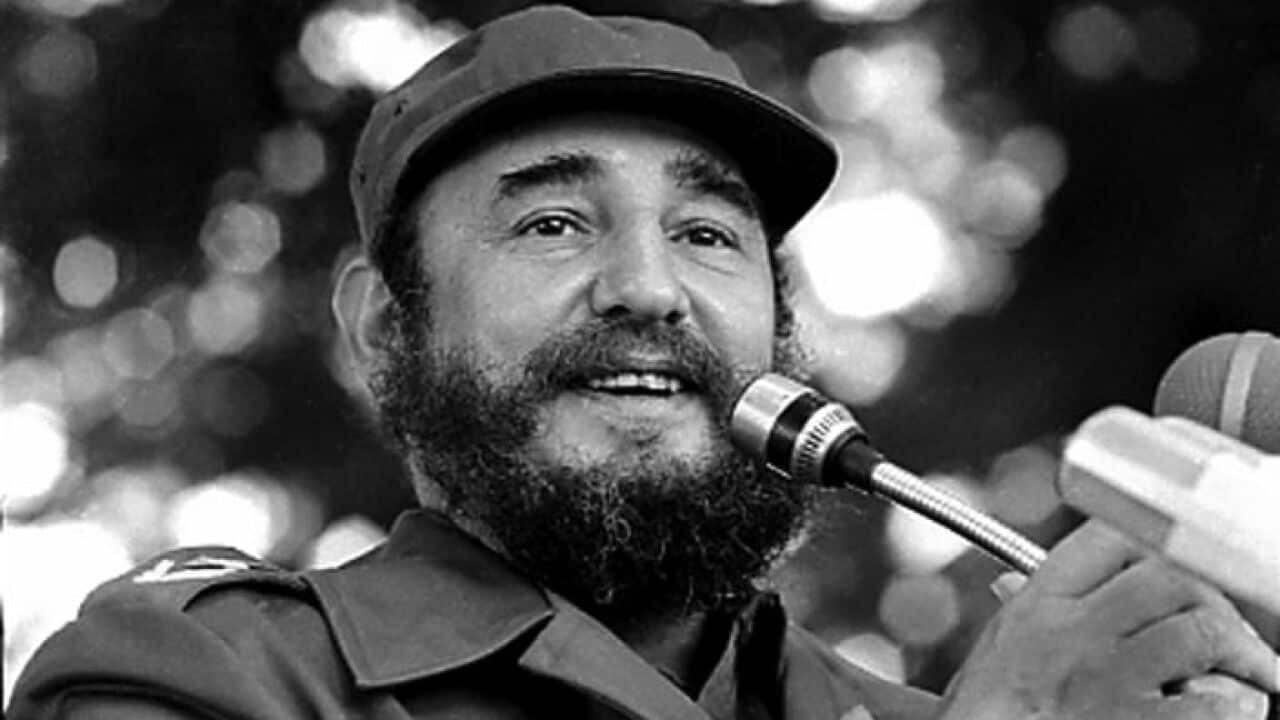Cuba's National Assembly has approved a law that bans erecting commemorative statues of Fidel Castro or naming public places after him, in accordance with the wishes of the revolutionary leader who died last month.
Castro always said he did not want a cult of personality although critics point out that the cult was everywhere. His words are posted on billboards across the country and his name is invoked at every public event.
Every since his death, a large photo of a young Castro dressed in military fatigues, with a rifle and pack slung over his back, has hung from a building on Havana's Revolution Square.
"Our main homage will not be to name everything we build after him but rather to keep his work alive and continue our socialist society," MP Jennifer Bello Martinez, president of the University Students' Federation, was quoted as saying by official media outlet Juventud Rebelde.
President Raul Castro had already announced that his older brother did not want to be immortalised with statues or public places named after him.
The law does not ban artists from using Fidel Castro's figure in music, literature, dance, cinema or other visual arts, official media specified. Photos of him hanging up in offices, places of study or public institutions also may be kept.









